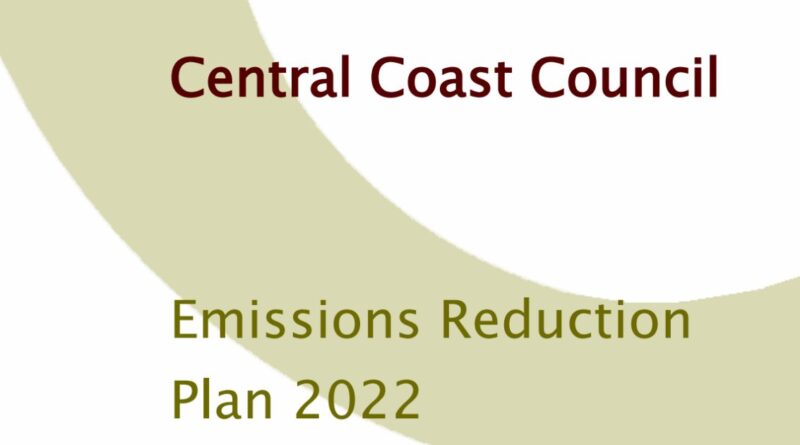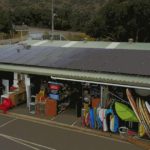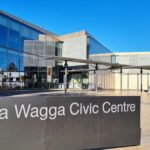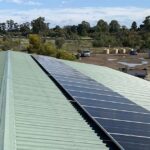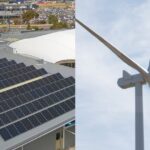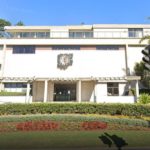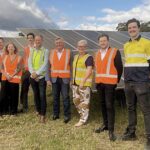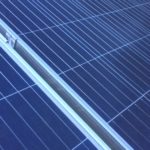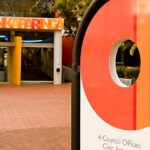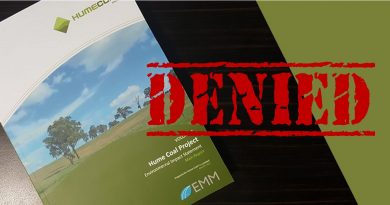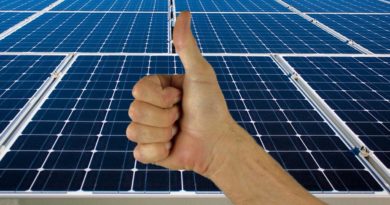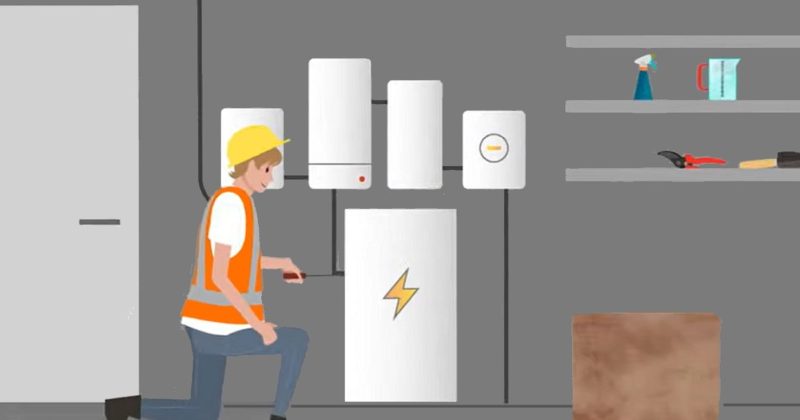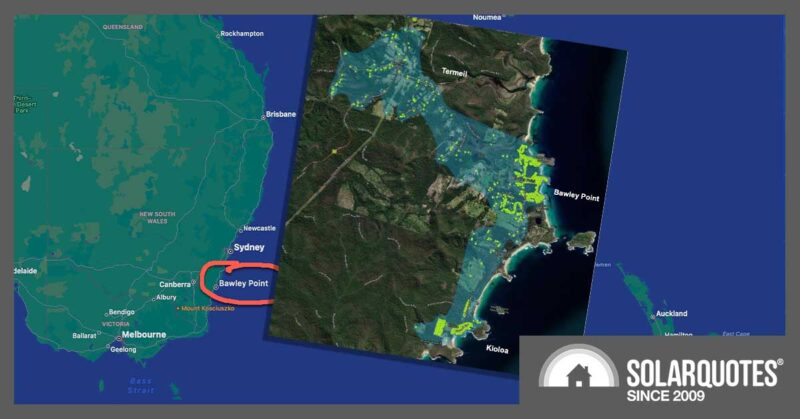Tasmania’s Central Coast Council Brings Forward Net Zero Goal
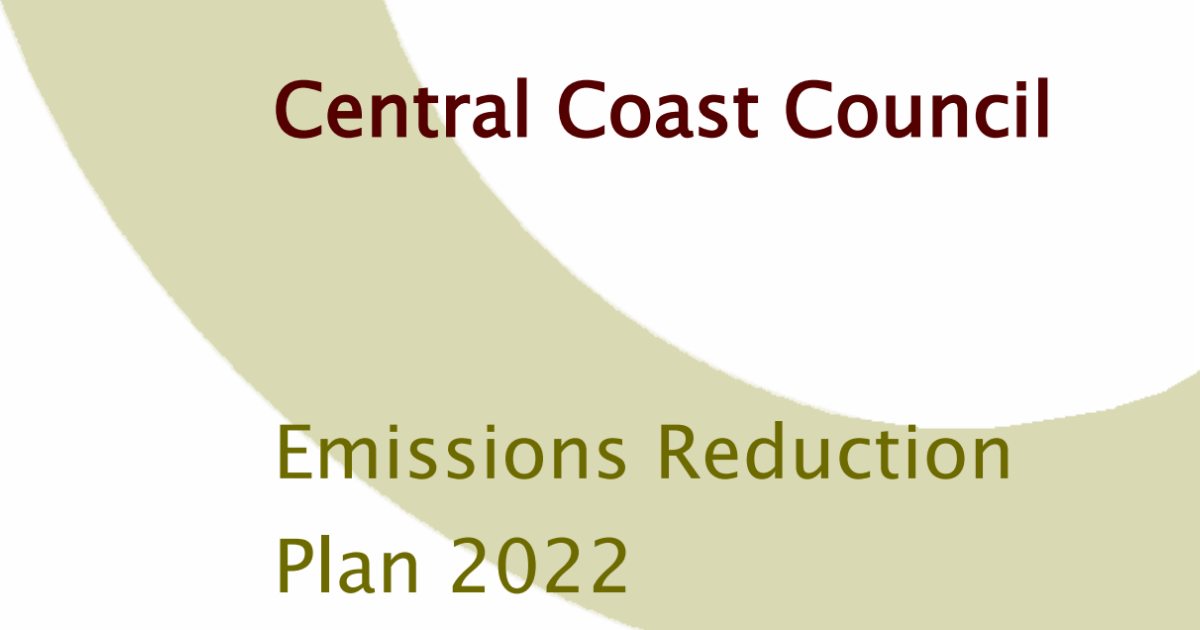
A green light was lit on Monday night for Tasmania’s Central Coast Council to bring forward its net zero emissions target by a decade and adopt a related plan.
The Central Coast LGA is situated in the north-west of Tasmania between Burnie and Devonport. It’s home to 22,760 people (Census 2021) and covers an area of around 933 km². Approximately half of the population live in the Ulverstone area (including West Ulverstone).
Council was to originally shoot for a target of operational net zero emissions by 2050. But given the pace of climate change and legislative actions at a state level, a decision was made to bring that forward to 2040. As well as the 2040 target, there are interim targets of 20% emissions reduction by 2026 and a 40% reduction by 2031.
The now-endorsed Emissions Reduction Plan 2022 can be found within the agenda document for Monday’s meeting.
Central Coast Council Emission Sources
Electricity tends to be a major source of emissions for most Councils on the mainland, but Tasmania is really clean and green on that front thanks to hydropower and to a lesser degree, wind power. Solar energy is still a bit player in the state.
For Central Coast Council, electricity accounted for 7% of its emissions in 2020/21. Most of its emissions came from waste management (75%), followed by diesel (16%). Petrol consumption was responsible for 2%.
The War On Waste
While waste makes up the lion’s share of emissions, solid progress had already been made through the introduction of FOGO (Food Organics Garden Organics) recycling to Central Coast Council’s kerbside waste management service in October 2019. This diverted around 40% of kerbside household waste from landfill very quickly, which is quite incredible.
Including all waste materials from all sources, Council-wide diversion is achieving a 47% reduction. As for tackling what remains, among the actions are ongoing community awareness programs on waste management and a look at diverting some waste heading for landfill for fossil fuel energy alternatives.
Electric Vehicles
Council had a couple of hybrid vehicles in its fleet for some time, but its first electric car – a Nissan Leaf – was purchased in May 2022. The newish addition has been receiving positive feedback from staff.
Future actions on the electric vehicle side of things include installation of an EV charging station and the acquisition of more electric cars. The organisation will also look into alternative fuel options for its heavy vehicles.
What About Solar Power?
Council has several solar power systems in place – one at the Central Coast Council Administration Centre (25kW), another at Ulverstone Sports & Leisure Centre (25kW) and there was to be a 30kW PV system installed at the Dial Regional Sports Complex during the 2021/22 financial year.
But Council isn’t done with rolling out solar panels yet. More systems are to be installed on assets, with installations prioritised based on energy usage. Among them are a 36.5kW system planned for HIVE, which is a cultural precinct in Ulverstone.
While solar systems tend to be pricier in the state and generate less electricity over a year than comparable systems on the mainland, it’s still very much worth it to go solar in Tasmania. And it’s great to see Central Coast Council setting an example for local households and businesses to follow.
Original Source: https://www.solarquotes.com.au/blog/tas-central-coast-emissions-mb2754/

